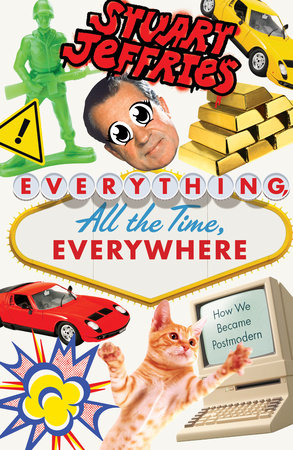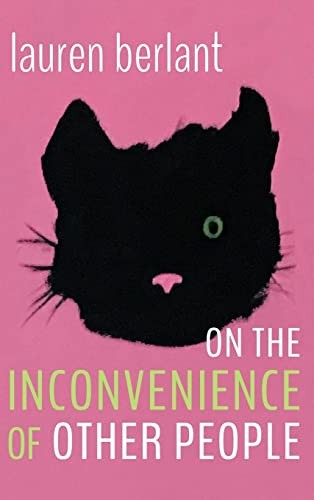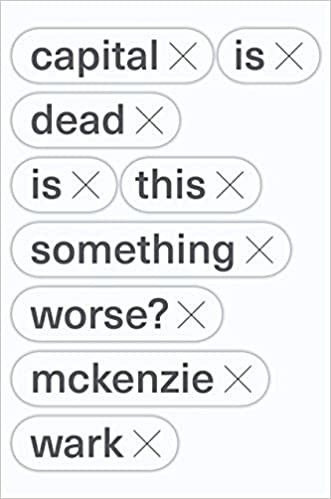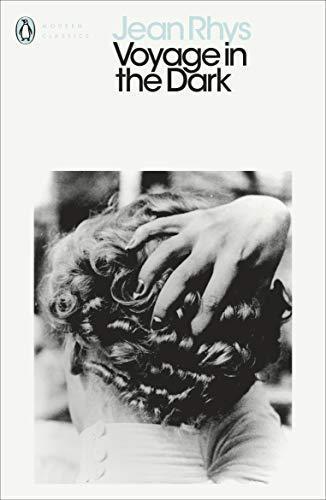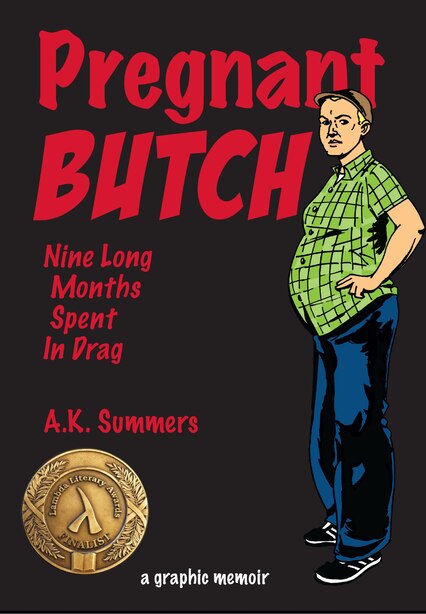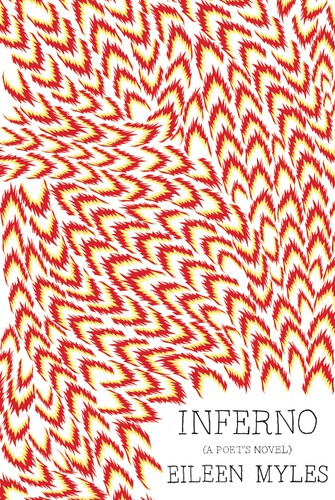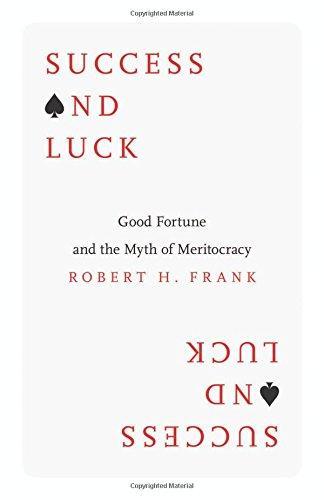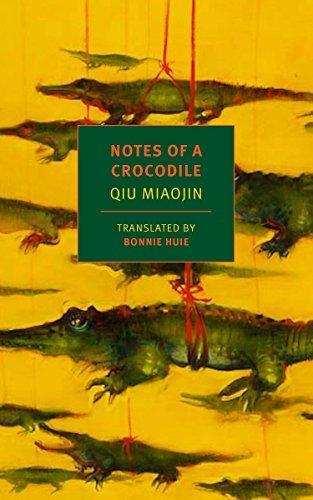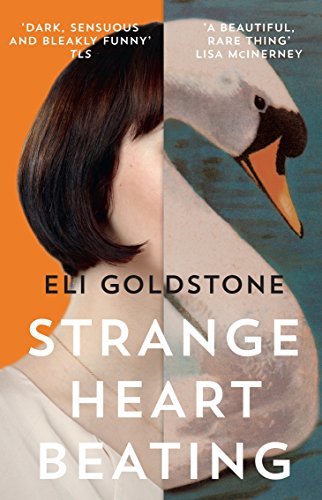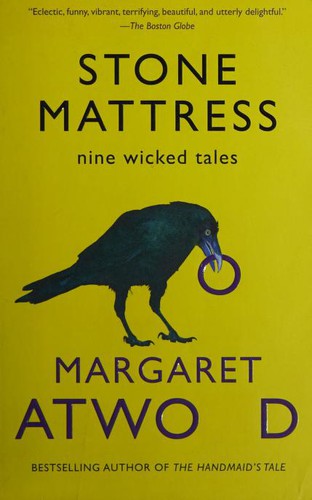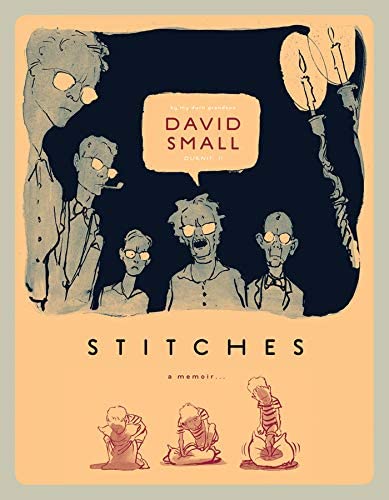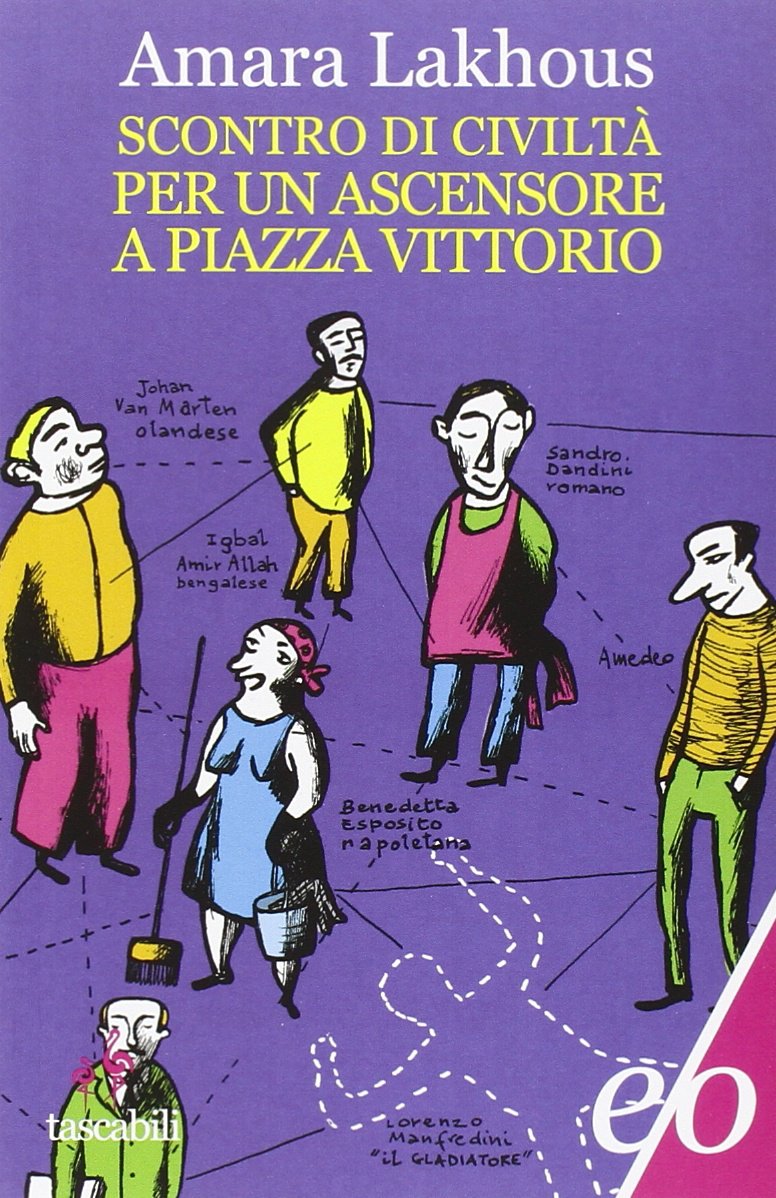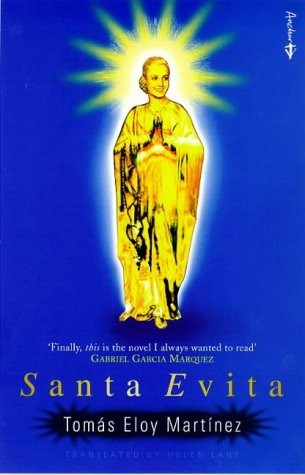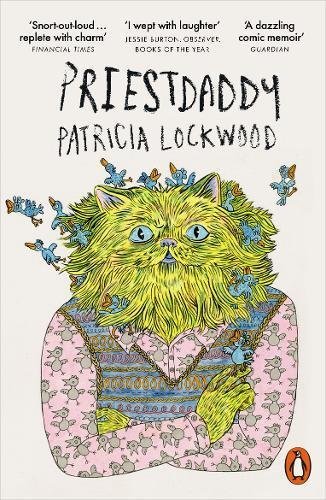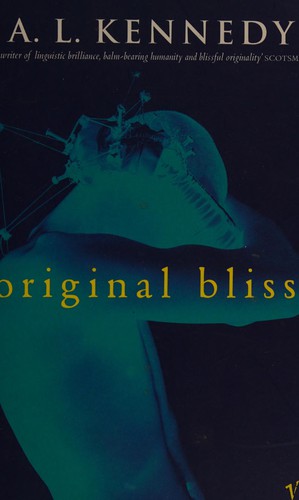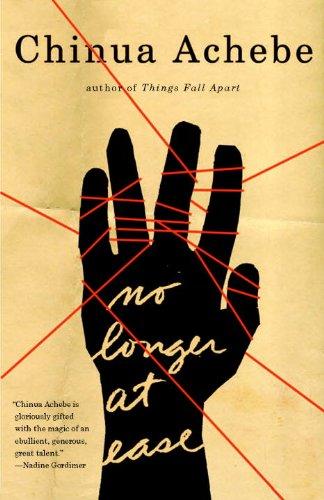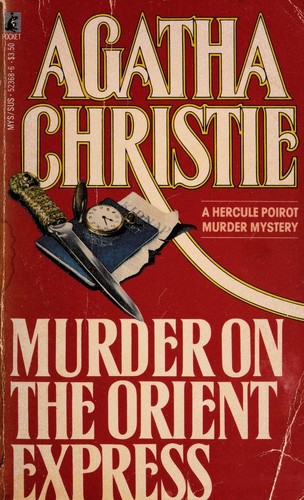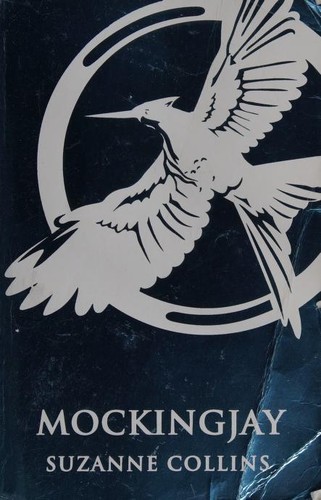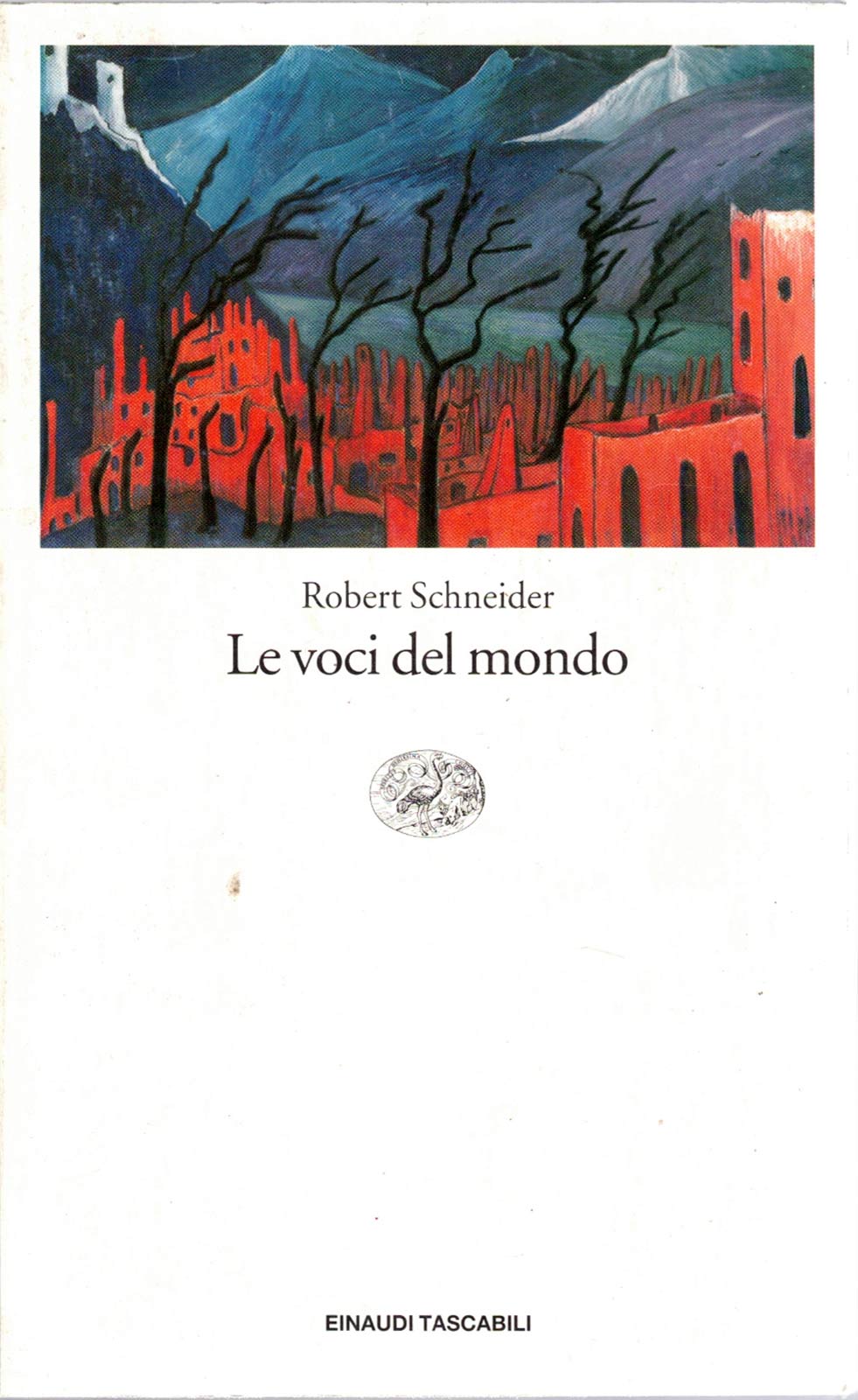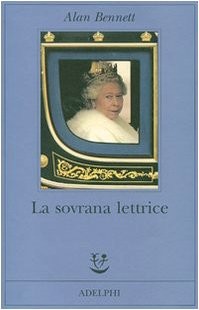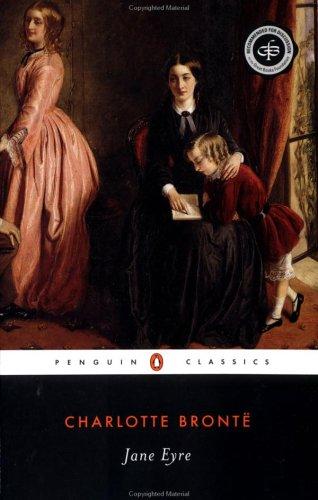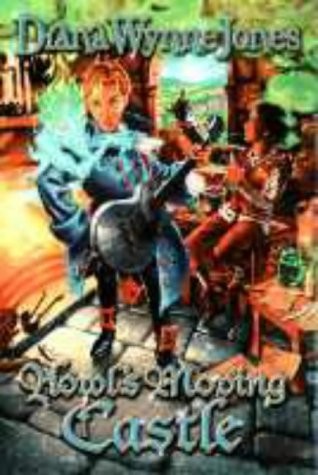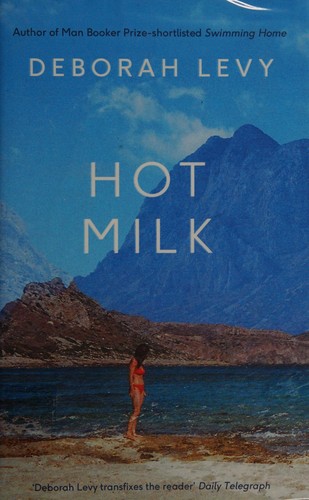ralentina reviewed Strange Heart Beating by Eli Goldstone
Strange Heart Beating
4 stars
Strange Heart Beating is beautifully written, and reads easily even though the plot is not in a rush of going anywhere. Seb, recently widowed and grieving, embarks on a trip to Latvia to get to retrospectively know his late wife, and the life she shed before moving to the UK. The story is laced through with allusions to mythology and symbolism, which usually annoy the hell out of me, but here felt well-paced and subtle enough. As I was reading, I realised I haven't read many books written by a woman from the perspective of a man. Somehow, I though the portrayal of masculinity that emerges from the book - hurt and restless - was quite perceptive.
